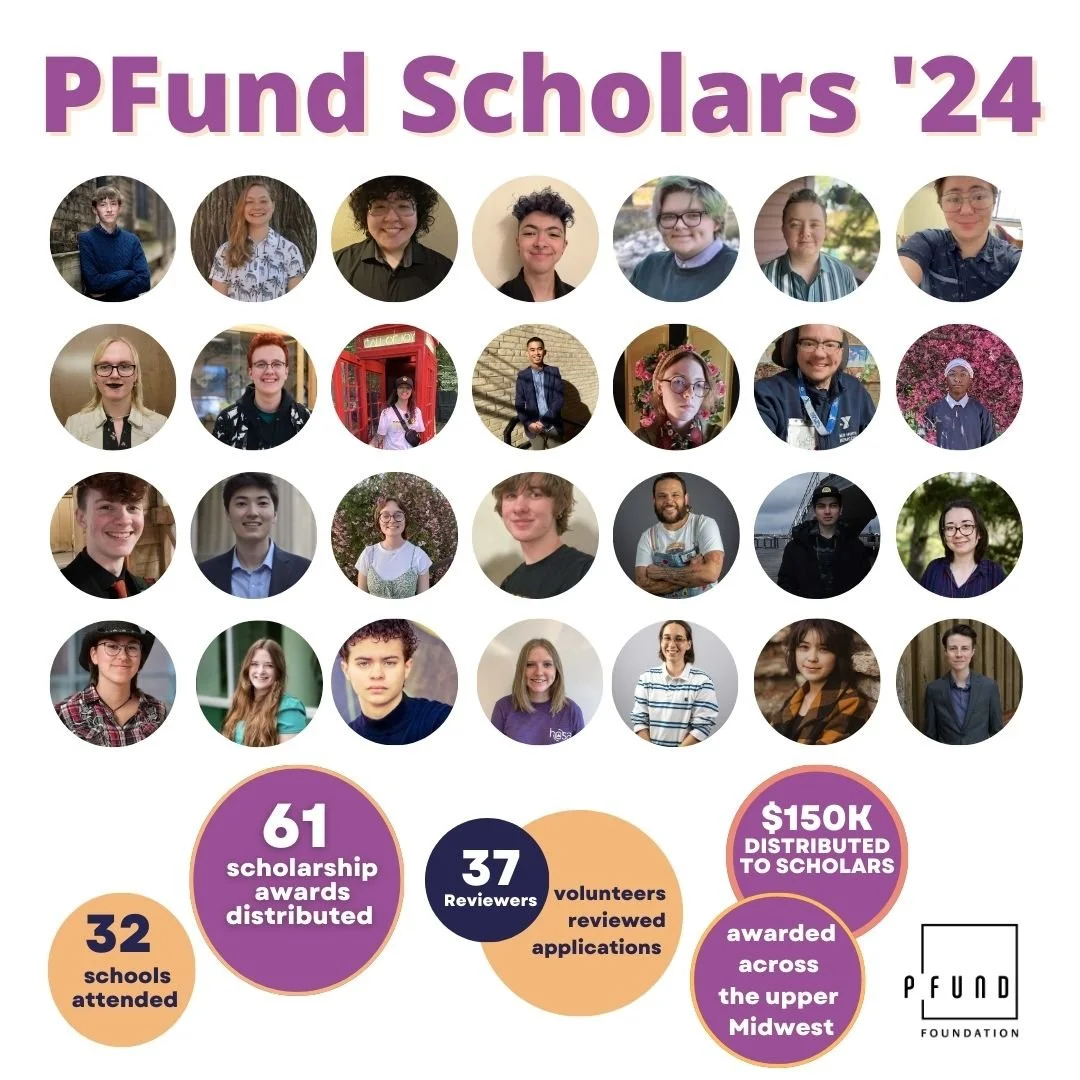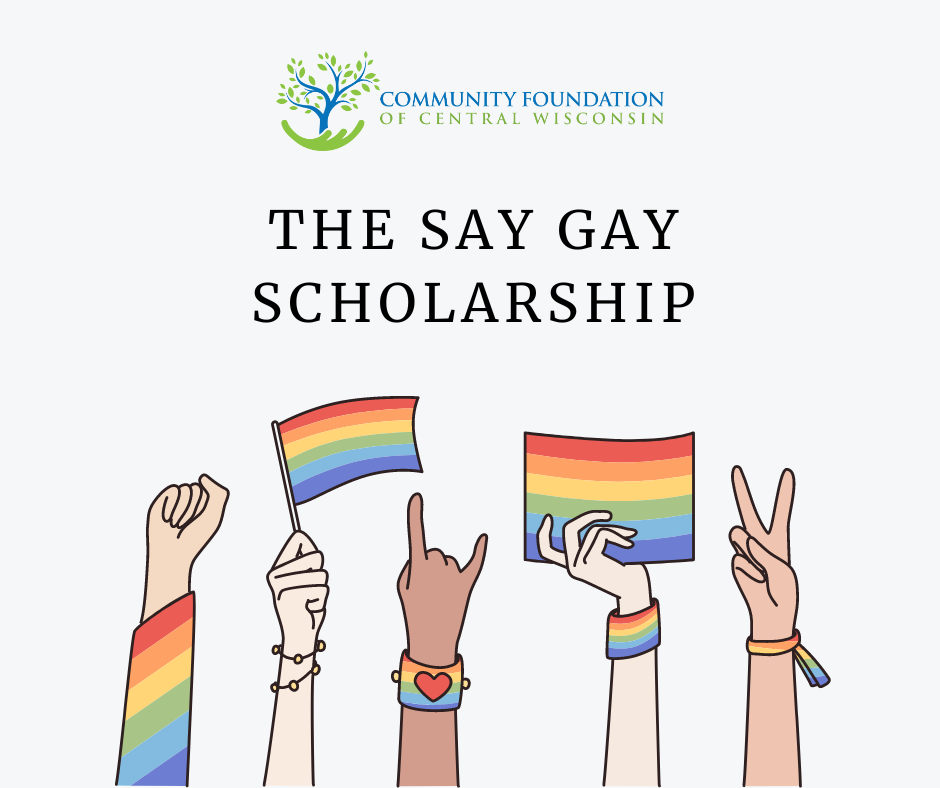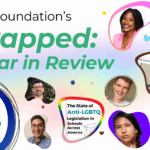Unlocking Dreams: My Journey to Finding Queer Scholarships (And How You Can Too!)
The smell of old books and fresh coffee. That’s what I always imagined college would be like. A place where ideas sparked, where I could be truly myself, and where learning felt like an adventure. But as I flipped through glossy university brochures, my heart would sink a little with each page. The numbers. Oh, the daunting, sky-high numbers for tuition, fees, and living expenses. It felt like a locked door, and I didn’t have the key.
I knew I wanted to go to college. I needed to. But coming from a background where every penny counted, the idea of adding a mountain of student debt felt paralyzing. And being queer? Well, sometimes that added an extra layer of unspoken worry, a feeling that perhaps my path might be just a little bit harder to navigate, especially if I couldn’t lean on every traditional support system.
Then, one rainy afternoon, hunched over my laptop, eyes blurry from searching "scholarships for poor students" and "grants for first-gen," something clicked. A tiny search result, buried deep, mentioned "LGBTQ+ scholarships." My fingers paused. Could that be real? Could there actually be funding out there specifically for people like me?
Let me tell you, it was real. And discovering it felt like finding a secret key to that locked door.
Why Queer Scholarships Are More Than Just Money
Before we dive into how to find them, let’s talk about why these scholarships exist. It’s not just about ticking a diversity box. It’s about recognizing unique challenges and celebrating resilience.
For many queer students, the journey to higher education can come with its own set of hurdles:
- Family Rejection or Lack of Support: Sadly, not all families are accepting. This can mean losing financial help from parents, or even a safe home environment, forcing students to become independent much sooner than their peers.
- Discrimination: While progress is being made, queer individuals still face discrimination in various aspects of life, which can impact job opportunities, housing, and overall well-being, indirectly affecting their ability to save for college.
- Mental Health Struggles: The stress of navigating identity, potential discrimination, and societal pressures can take a toll. Scholarships can alleviate financial stress, allowing students to focus more on their studies and mental well-being.
- Building Community: These scholarships often come from organizations dedicated to the queer community. Receiving one isn’t just financial aid; it’s a message: "We see you. We support you. You belong." This validation is priceless.
For me, finding a queer scholarship wasn’t just about covering tuition. It was about feeling seen. It was about an organization saying, "We believe in your potential, and your identity is a strength, not a barrier." That feeling? It fueled my determination like nothing else.
The Hunt: Where to Start Looking for Your Key
Okay, so you’re ready to start your own search. Trust me, it can feel overwhelming at first, but with a little guidance, you’ll get there. Here’s where I found my treasures:
-
Dedicated LGBTQ+ Scholarship Databases:
- The Point Foundation: This is one of the biggest and most well-known. They offer substantial scholarships and mentorship. Even if you don’t get their main scholarship, they often list other resources.
- Human Rights Campaign (HRC): While not a scholarship provider themselves, the HRC often compiles extensive lists of scholarships for LGBTQ+ students. Their website is a great starting point.
- Campus Pride: Another fantastic resource that lists scholarships, college rankings, and other support for queer students.
- Specific Organizations: Many smaller, regional, or identity-specific organizations exist (e.g., for queer people of color, trans students, etc.). Do some digging!
-
Your College or University’s LGBTQ+ Center:
- If you’ve already been accepted or are applying to specific schools, check their LGBTQ+ student services or diversity offices. Many universities have their own scholarships or can point you to local resources. They are often incredibly knowledgeable and want to help you succeed.
-
Local LGBTQ+ Community Centers:
- Don’t underestimate the power of local connections. Your town or city’s queer community center might have small, locally funded scholarships or know of benefactors who support students in your area. They often have bulletin boards, newsletters, or staff who can provide direct leads.
-
General Scholarship Search Engines with Filters:
- Sites like Fastweb, Scholarship.com, and BigFuture (College Board) allow you to filter by identity, including LGBTQ+. Make sure you use those filters!
-
Professional Organizations:
- If you have a specific major in mind (e.g., nursing, engineering, journalism), look for professional organizations in that field. Some have diversity initiatives that include queer students.
My Tip: Start a spreadsheet! Keep track of the scholarship name, deadline, eligibility requirements, what you’ve submitted, and any notes. It will save your sanity.
Crafting Your Story: Making Your Application Shine
Finding the scholarships is half the battle; the other half is applying well. This is where your unique story becomes your superpower.
-
Read the Instructions Carefully (Seriously!):
- It sounds obvious, but so many applicants miss crucial details. Make sure you understand exactly what they’re looking for.
-
Your Essay: Be Authentic, Be You:
- This is often the most important part. They want to hear your voice.
- Don’t just list achievements. Tell a story. What challenges have you faced? How has your queer identity shaped your perspective, your goals, your resilience? How will this scholarship help you achieve your dreams?
- Be vulnerable, but strong. You don’t need to overshare trauma, but sharing how your experiences have made you stronger, more empathetic, or more determined can be incredibly powerful.
- Connect to their mission. Research the organization providing the scholarship. How do your values align with theirs?
- Proofread! Then ask someone else to proofread. Typos can detract from even the most compelling story.
I remember writing my essay about how finding my voice in my school’s GSA (Gay-Straight Alliance) empowered me to pursue a career where I could advocate for others. It wasn’t just about being queer; it was about how my identity ignited a passion for service.
-
Letters of Recommendation:
- Choose recommenders who know you well and can speak to your character, work ethic, and unique qualities. Teachers, counselors, mentors, or employers are great choices.
- Ask them early, and provide them with everything they need: the scholarship description, your resume, your essay (if possible), and the deadline. Remind them gently if the deadline approaches.
-
Transcripts and Test Scores:
- While many queer scholarships value more than just academics, good grades and test scores always help. Make sure your official transcripts are sent on time.
-
Resume/Activities List:
- Highlight any involvement in LGBTQ+ clubs, advocacy, volunteer work, or leadership roles. This shows your commitment to your community and your ability to make an impact.
More Than Just Tuition: The Ripple Effect
When I received that email – the one saying I’d been awarded a scholarship – I actually cried. It wasn’t just the relief of the financial burden; it was a profound sense of affirmation.
That scholarship opened doors beyond just the classroom. It connected me to a network of other queer scholars, mentors, and advocates. I found a community of people who understood parts of my experience without me having to explain. I learned about leadership, advocacy, and how to use my voice for good.
It showed me that my identity, far from being something that might hold me back, could actually be a source of strength and connection, even a key to opportunity.
Your Turn: Practical Tips for Your Journey
If you’re reading this, feeling that same mix of hope and trepidation I did, here are my final pieces of advice:
- Start Early: Scholarship deadlines vary wildly. The earlier you begin your search and application process, the better.
- Stay Organized: That spreadsheet I mentioned? Seriously, use it.
- Don’t Self-Reject: Don’t think you’re "not good enough" or that your story isn’t "unique enough." Every queer person’s journey is unique and valuable. Apply for everything you might qualify for.
- Re-purpose, Don’t Re-use: You can often adapt parts of one essay for another, but always tailor it specifically to the scholarship’s prompt and mission.
- Ask for Help: Talk to your school counselor, an LGBTQ+ center staff member, a trusted teacher, or even a friend who’s gone through the process. They can offer guidance and support.
- Believe in Your Story: Your experiences, your identity, your dreams – they are all valid and important. Let them shine through in your applications.
Conclusion: Your Future Awaits
Finding queer scholarships was a game-changer for me. It transformed my college dream from an unreachable fantasy into a vibrant reality. It taught me that there’s immense power in community, and that support often comes from the most unexpected, yet most affirming, places.
Your journey is yours alone, but you don’t have to walk it in silence or without help. There are organizations and individuals out there who want to invest in you and your future. So, take a deep breath, open that laptop, and start your search. Your key is out there, waiting for you to find it. Go unlock those dreams.
Frequently Asked Questions About Queer Scholarships
Q: Am I "queer enough" to apply for these scholarships?
A: If you identify as LGBTQ+, you are generally eligible. Most scholarships define "LGBTQ+" broadly. Don’t let imposter syndrome stop you from applying!
Q: Do I have to "out" myself in my application?
A: You are in control of your narrative. While sharing your identity is usually central to these scholarships, you choose how much detail you want to provide. Focus on how your identity has shaped your character or aspirations, rather than just disclosing it.
Q: Are these scholarships only for students with perfect grades?
A: Not at all! While academic achievement can be a factor, many queer scholarships prioritize leadership, community involvement, personal essays, and financial need. They often look for well-rounded individuals with a commitment to the queer community.
Q: Can I apply for multiple queer scholarships?
A: Absolutely! In fact, it’s highly encouraged. The more you apply for, the better your chances of securing funding.
Q: What if I don’t have a strong LGBTQ+ extracurricular record?
A: Don’t worry. Your personal story and how your identity has shaped you are often just as important. You can also highlight other leadership roles, volunteer work, or how you’ve supported your community in less formal ways.



